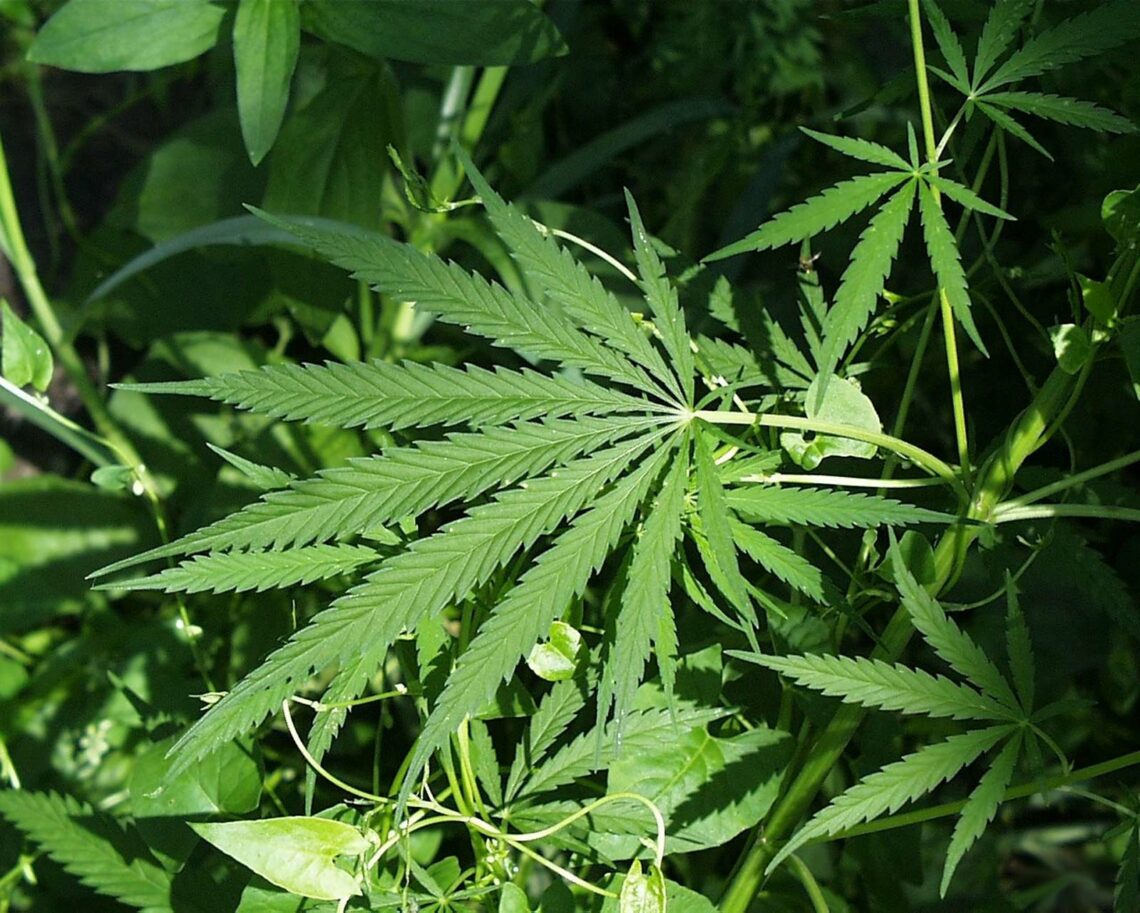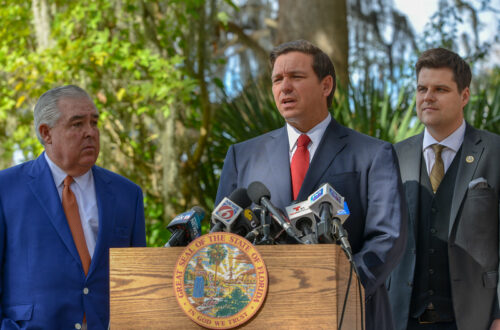The path to the legalization of marijuana has been a long one in the state of Florida.
In 2016, medicinal marijuana was legalized by the Florida legislature following approval by over 70% of voters in a constitutional amendment. However, legislators subsequently introduced legislation redefining “medical marijuana” to exclude smokable forms in 2017. This ban was repealed earlier this year as promised by Gov. DeSantis.
As medical marijuana has established itself in the state of Florida there has been an ever-growing movement to expand the decriminalization of, and perhaps even legalize, recreational marijuana. This has come to a head recently with an amendment proposed by Regulate Florida.
The amendment, “Regulate Marijuana in a Manner Similar to Alcohol to Establish Age, Licensing, and Other Restrictions,” aims to legalize recreational marijuana as well as small-scale growing of cannabis for private use.
The regulations outlined in the amendment functions in much the same way as alcohol is controlled in the United States. For instance, driving under the influence of marijuana is treated the same way as driving under the influence of alcohol, and recreational usage is only legal for persons 21 and older. Additionally, the act allows the state to write provisions for licensing and regulating cannabis dispensaries.
Regulate Florida has gathered the required 89,000 petition signatures from registered voters in order to receive a mandatory Florida Supreme Court review. This means that the Florida Supreme Court will read over the proposed amendment and determine whether its language meets legal requirements.
If the amendment is approved by the Supreme Court, Regulate Florida’s next step is to collect many more signatures — about 766,000 by 2020 — in order to get it on the ballot to be voted on by Floridian citizens.
However, this track of proposal to ballot measure to actual legislation may be disrupted far earlier than the ballot box. Florida Attorney General Ashley Moody has declared that she intends to challenge the amendment, citing the proposed legislation’s length as her main concern.
“There is no way 10 pages of the law can be summarized clearly in 75 words or less and would adequately convey to the voters what exactly they will be voting on,” Moody said last Wednesday.
In contrast, Micheal Minardi, the chairman for Regulate Florida, has resolved to fight the accusation that his organization is misleading voters through.
He claims that despite the considerable length of the initiative, “The length of something doesn’t mean we are hiding the ball or there is something not evident about the amendment from the ballot summary.”
Whether or not Florida’s highest law officer proves successful in her challenge, there might be extensive consequences related to precedents set by other states such as Colorado and California, not to mention future federal law.
Across the nation, a wave of states and counties — including some within the state of Florida — are decriminalizing or declining to prosecute cannabis-related offenses for a multitude of reasons.
This is at least partially due to the fact that hemp and marijuana are nearly identical, with the only distinguishing factor being that marijuana contains greater than 0.3% of the psychoactive compound THC.
This development arises from the legalization of hemp by the federal government in the 2018 Farm Bill. If recreational cannabis is to remain illegal in the state of Florida, state prosecutors and law enforcement authorities will have to decide how to proceed.
Up until now, probable cause used in marijuana related arrests has relied on the smell of marijuana or its detection by drug sniffing dogs. Going forward, these methods will most likely be inadmissible in court as they cannot distinguish between legal hemp and illegal marijuana.
The only way to tell the difference would be to have samples seized by law enforcement personnel tested by out-of-state labs to determine their THC content. This would be expensive for both the state and the public, causing prosecutors to consider the feasibility of continued enforcement of marijuana related crimes.
Alternatively, should Moody’s challenge fail, an amendment to the Florida State Constitution to permit the legalization and regulation of recreational cannabis could be on voter’s ballots as early as 2020.
Featured Photo: Cannabis plant. (Public domain photo by United States Fish and Wildlife Service)





